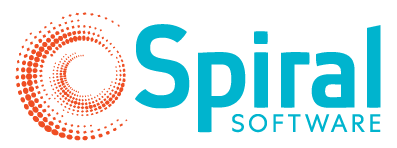Blazing a trail with fast tech efficiencies
In the world of software development, seemingly small efficiencies are often responsible for major enhancements on the front end of a product. That is the case with Blazor.
Blazor is a new web framework from Microsoft. It allows us to deliver time-critical accuracy for clinical staff working on the front line. When it comes to global health outcomes, efficiency and precision are worth pushing for.
Blazor allows system language C# to become the shared language between the front and back end of our product, which is unique. This shared language helps streamline development by reducing context switching between system languages, and adds to a smoother user experience.
We are working with novel clinical trials which span several years, and we need to operate at the leading edge of technological capabilities. Blazor is that: a global software shift that’s just the beginning for emerging health tech efficiencies.
Giving frontline workers time-critical access to medical records and schedules may only save seconds per patient interaction, but for study participants around the world, these moments add up to revised treatment plans that can significantly change their healthcare and lives.
Real time, for us, means enhancing the interactions that allow for innovative medical interventions. Interventions that can dramatically improve a patient's outcome, minimise treatment complications, and create workflow efficiencies that enable the clinician to treat more patients at pace.
Blazor’s unique point of difference is game changing, because real time truly means real time – in that there’s no exchange of information between your database and the front-end engagement with that data.
Evidence based decision-making, data-driven insights, and improved patient safety can shape the difference between life and death.
“Any uncertainty in information or delays in accessing reliable data directly compromise patient safety and the integrity of clinical practice. When data efficacy is uncertain, or there are delays in patient randomisation, critical time is lost, elevating patient risk. Over time, these lapses accumulate, resulting in slow recruitment, increased patient delays and in severe cases, life-threatening outcomes.” — Audrey Shearer, Founder, Spiral.
By investing in this transformative software shift, Spiral can confidently say that our clients’ clinical trials will have the ability to become more effective, efficient and adaptive.
“Many database developers lack the ability to ensure the longevity of their code and development language. This shift supports the continuity and lifespan of our product well into the future, providing significant benefits to our clients and the future of their novel trial innovation.” — Cain Harland, Technical Lead, Spiral.
Cain Harland, Technical Lead, Spiral





